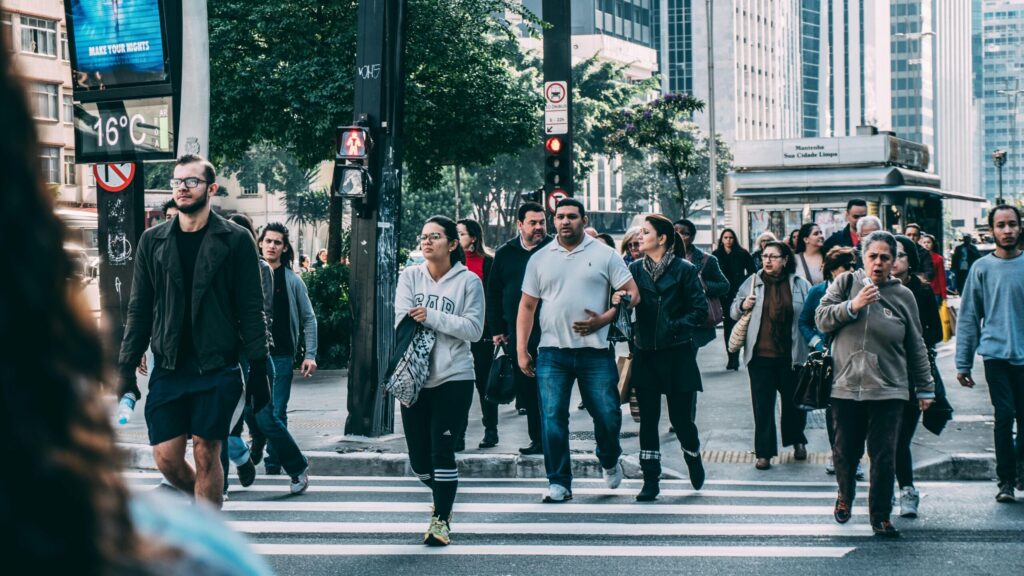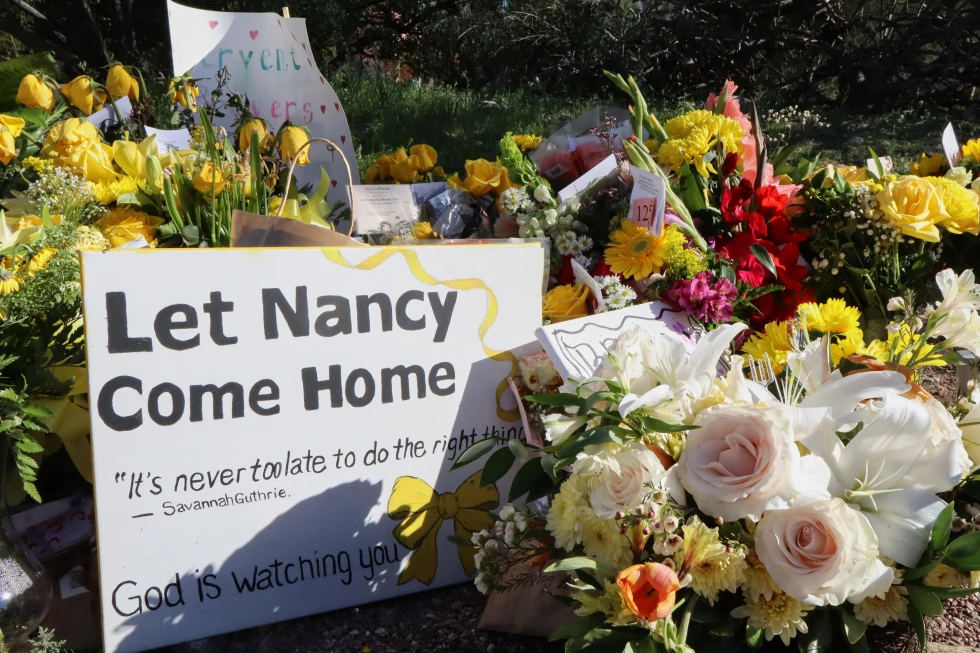Climate Misinformation Could Derail Global Action, New Report Warns

Rampant climate misinformation is accelerating the planet’s descent from crisis to catastrophe, according to a sweeping new report from the International Panel on the Information Environment (Ipie). The analysis of 300 peer-reviewed studies reveals that false and misleading information—often driven by fossil fuel interests, right-wing political actors, and state-sponsored disinformation—has obstructed climate action, discredited solutions, and eroded public trust in science.
At the heart of the report is a stark warning: without robust efforts to combat misinformation, the world risks missing the narrow window to halve emissions by 2030 and achieve net-zero by 2050.
The evolution of denial
Where outright climate denial once dominated, misinformation now targets policy solutions and scientific consensus. Recent examples include baseless claims that renewable energy was responsible for Spain’s nationwide blackout. Online bots and coordinated disinformation campaigns have played an outsized role in amplifying these falsehoods, the report states.
Dr. Klaus Jensen, co-lead author from the University of Copenhagen, underscored the urgency of addressing information integrity: “We have about five years to cut emissions in half. Without accurate information, there’s no hope of guiding public opinion or political decisions in the right direction.”
Calls for criminal accountability
Last week, UN special rapporteur Elisa Morgera issued a powerful call for governments to “defossilise” information systems. She recommended that fossil fuel companies—and the media and ad agencies who amplify their messaging—be held criminally accountable for spreading climate misinformation and greenwashing.
Her comments echo a 2024 statement by UN Secretary-General António Guterres, who described fossil fuel corporations as the “godfathers of climate chaos” and called for a global advertising ban on the industry.
A growing international front
The UN’s Global Initiative for Information Integrity on Climate Change, spearheaded by Brazil—host of the upcoming COP30 climate summit—has rallied countries including the UK, France, Chile, and Morocco to step up efforts against climate lies. UNESCO Director-General Audrey Azoulay warned that climate-related disinformation is “running rampant on social media,” posing a threat to coordinated global action.
A campaign of ‘dual deception’
The Ipie report describes a “dual deception” strategy by fossil fuel companies: initially denying climate change, then embracing misleading greenwashed narratives. Other industries—ranging from airlines and agriculture to fast food—have similarly contributed to the spread of disinformation.
Donald Trump is named as a key influencer of denialist rhetoric, with the report documenting how his unfounded claims and logical fallacies were widely reposted by bots and human users alike. Russian troll farms are also implicated in strategic climate disinformation campaigns.
Beyond bots: systemic sabotage
The problem extends well beyond social media. Jensen highlighted how industry alliances with conservative think tanks are actively targeting policymakers to delay or weaken climate legislation. “This isn’t just misinformation—it’s approaching conspiracy,” he said.
The report notes the role of far-right parties such as Germany’s AfD, Spain’s Vox, and France’s National Rally in undermining climate science. Conservative media outlets also contribute to the amplification of denial and conspiracy theories.
Paths forward
To counter the disinformation threat, the Ipie report recommends stronger regulation of digital platforms, standardized emissions disclosures from polluting industries, and expanded climate education to help citizens identify false claims. Some legal cases are already underway against purveyors of climate misinformation.
Still, researchers warn that most existing studies focus on English-language content from Western nations. Of the 300 studies reviewed, only one examined misinformation in Africa—a gap that highlights the need for more inclusive research as misinformation becomes a global threat.
“The climate crisis is not just a scientific or political issue,” Jensen concluded. “It’s an information crisis. If we don’t fix that, we can’t fix the rest.”
By Staff Writer, Courtesy of Forbes | June 2025 | Edited for WTFwire.com
Source: The Guardian
: 320







